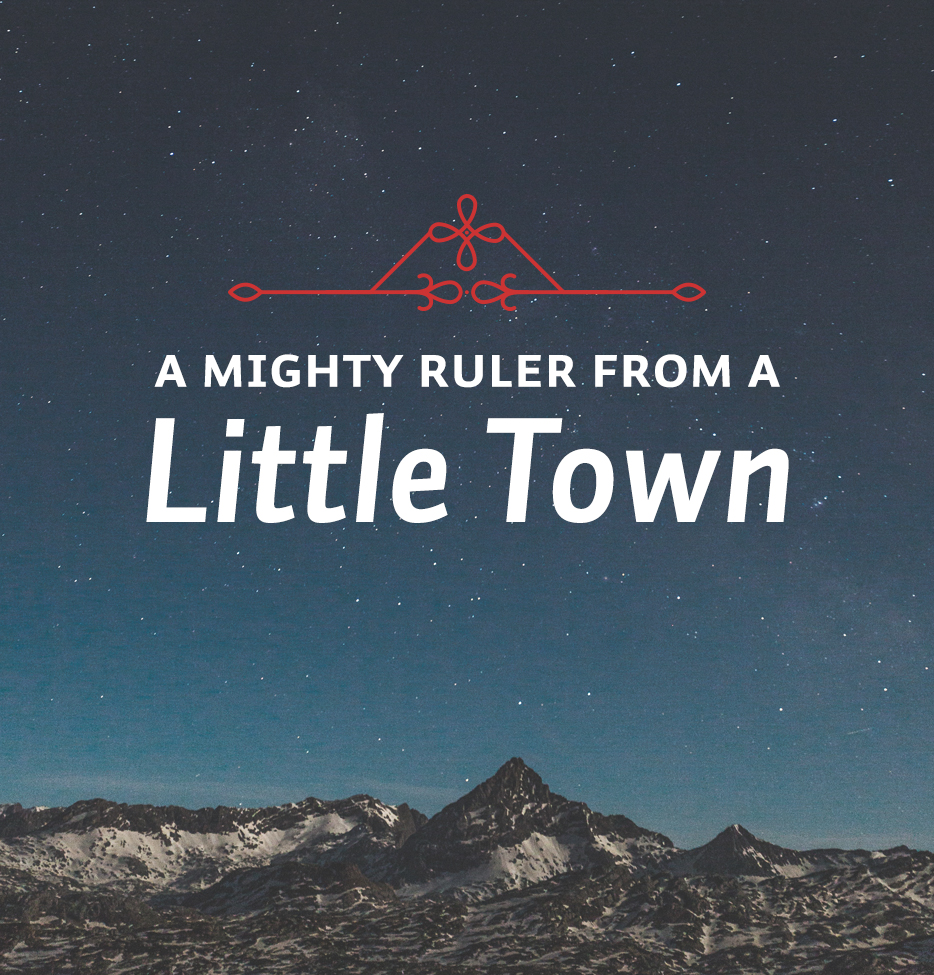At this point, the prophecy of a ruler given to the Wise Men becomes quite personal. For the issue is not merely whether the one born in this small Judean town so long ago really was a great ruler, but whether He is your ruler. The question is, Are you his subject? Have you bowed your knee to him?
You say, “Oh, I have never bowed before anyone. I run my own life.” If that is so, then you are opposed to Christ, regardless of what sentimental feelings you may or may not have at Christmas time. You are among that rebellious host of Psalm 2 who take their stand against the Lord and His Anointed One, saying “Let us break their chains … and throw off their fetters” (vv. 2, 3). The Bible says that God laughs at such folly and will soon overthrow it.
Another may say, “I believe that Jesus is a mighty ruler, even that He is (or may be) God. And I am willing to have Him as my Lord someday. But not now, especially not at Christmas. There are so many things to do, so many good times to be had, so many sins to be indulged. I’ll come to Him later.” If you are saying this, your folly may be even greater than those who would rebel against Him entirely. For you are self-deluded. You will never come to Him at that rate. Your sins will take you farther and farther from Him, and eventually you will perish.
A third person says, “But Christ is my Lord. It is just that I want to run my own life now. I want to do what seems best to me to do.” If you are saying that, remember what Jesus said to people who made the same vain profession in His day: “Why do you call me, ‘Lord, Lord,’ and do not do what I say?” (Luke 6:46). According to Jesus, those who go their way rather than His are not His true disciples.
If this mighty ruler from the tiny town of Bethlehem is not your ruler (for these or any of a number of other reasons), then what you need is to be reborn. Or to put it another way, Jesus needs to be born in you. Do you recall that wonderful last stanza of Phillips Brooks’ lovely carol about Bethlehem? The early stanzas describe the little village on a quiet winter night, marveling at the silent way “the wondrous gift is given.” They jump to the fact that it is in precisely that way that the gift must come to each of us. The one whose origins are of old must become incarnate in our hearts, says the poet.
Then comes the last stanza, which is a prayer.
O holy child of Bethlehem,
Descend to us, we pray;
Cast out our sin, and enter in,
Be born in us today.
We hear the Christmas angels
The great glad tidings tell;
O come to us, abide with us,
Our Lord Emmanuel.
If you are a churchgoer (or even if you are not), you have probably sung that carol many times. But the next time you sing it, wouldn’t it be wonderful if you could sing it honestly and with understanding. If you would like to, the way to do it is to invite Jesus into your heart now, confessing your sin, thanking Him for His great love and grace in dying for you, and promising to follow Him hereafter as your Lord.
If you do that, the angels who sang in the skies above Bethlehem at Christ’s birth will burst into praise once again. For Jesus said that there is joy in heaven over even one sinner who repents of sin and turns to Him.






